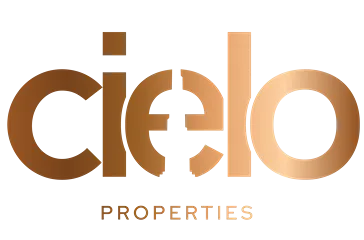We Don’t Just Run Ads.
We Build Lead Systems That Close Deals.
Strategy-first marketing tailored to your business goals
High-converting websites & landing pages to drive action
Google Ads, and Meta Ads that generate real leads
Full CRM automation — follow-ups that happen while you sleep
Conversation & Voice AI Setup
What Sets Us Appart
Proven Strategy. Relentless Execution. Results That Scale.

We Are A Google Partner
Instahub.Inc has met all of the requirements to be a Google Partner.
Learn more about the Google Partners program and the requirements to become a Partner or Premier Partner.

500+ High-Converting Landing Pages Built
From local service businesses to nationwide campaigns, we know what gets clicks — and what gets clients.

$1,000,000+ in Ads Managed
We’ve launched and optimized ad campaigns across Google, Facebook, and Instagram — driving real ROI for service-based brands.

Certified Google
Partner
Our team meets Google’s highest standards for performance, optimization, and spend — giving you an edge most agencies can’t offer.

Who We Work With
We understand business operations.
From real estate pros and dental clinics to law firms and local service businesses, we’ve helped 500+ clients generate consistent leads and build scalable growth systems.
Our High-Impact Services
🚀 Lead Generation
We build full-funnel lead gen systems using Meta Ads and Google Ads - driving high-quality leads straight into your CRM with strategies that actually convert.
💻 High-Converting Websites & Funnels
Landing pages and websites built for action. Clean, fast, and conversion-optimized — every element engineered to turn traffic into leads.
🎯 Google Ads & Meta Ads
Data-driven campaigns across Google, Facebook, and Instagram. We write, target, and optimize for maximum ROI — not just impressions.
⚙️ CRM & Automation Setup
Instant follow-ups, pipeline visibility, and automated SMS/email flows — all connected to your lead system and built to save you time.
🗣️ Conversation & Voice AI Setup
Intelligent AI that chats, qualifies, and books leads 24/7 via your website, SMS, or phone — giving prospects the right answers in real time.
✉️ Email Marketing & DRIP Campaigns
Nurture leads automatically with customized email sequences that educate, build trust, and drive action — even weeks after the first click.
The Perfect Reason For Choosing Brandcraft.
Our agency collaborates closely with you, ensuring a deep understanding of your business.

Target Audience
Analyzing consumer behaviors, such as purchasing habits and decision-making processes.

High Conversation Rate
A higher conversion rate means more visitors are turning into paying customers.

Better Market Research
Market research offers insights into customers' price sensitivity and perceptions of value.

Looking To Expand Your Business?
Our agency takes a collaborative approach, working closely with you to understand your business objectives and simplify marketing solutions that align with your vision.

We have experience accross 15 industries in 11 countries.
Canada - USA - Mexico - Albania - UAE - India - Pakistan - England -Italy - Spain - Poland



Have any Questions?
No hesitation, we can help you with a free Consultation
© 2024 . All rights reserved.
Privacy Policy
Terms of Use
